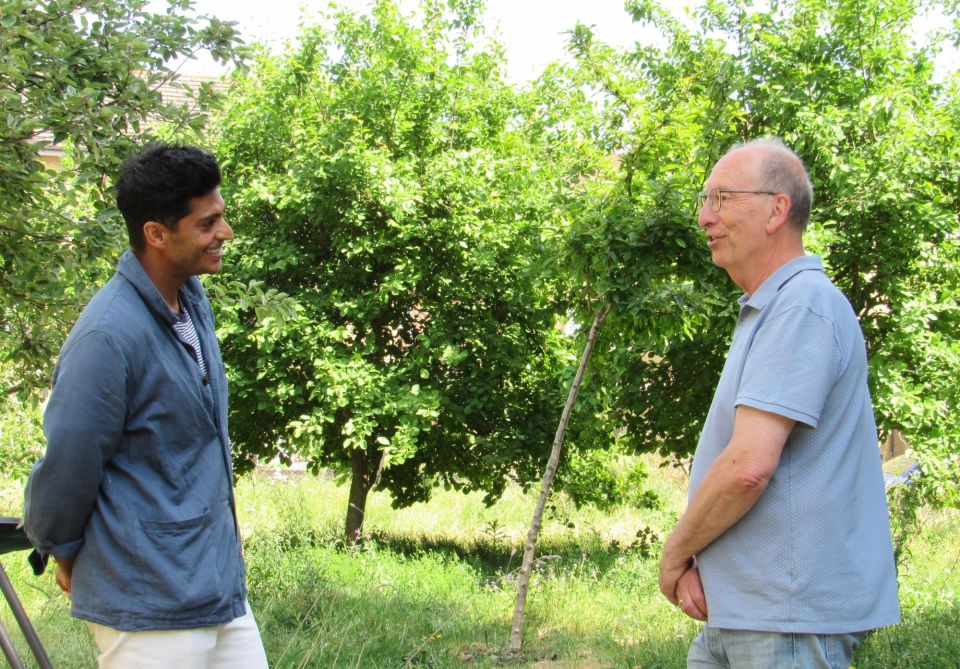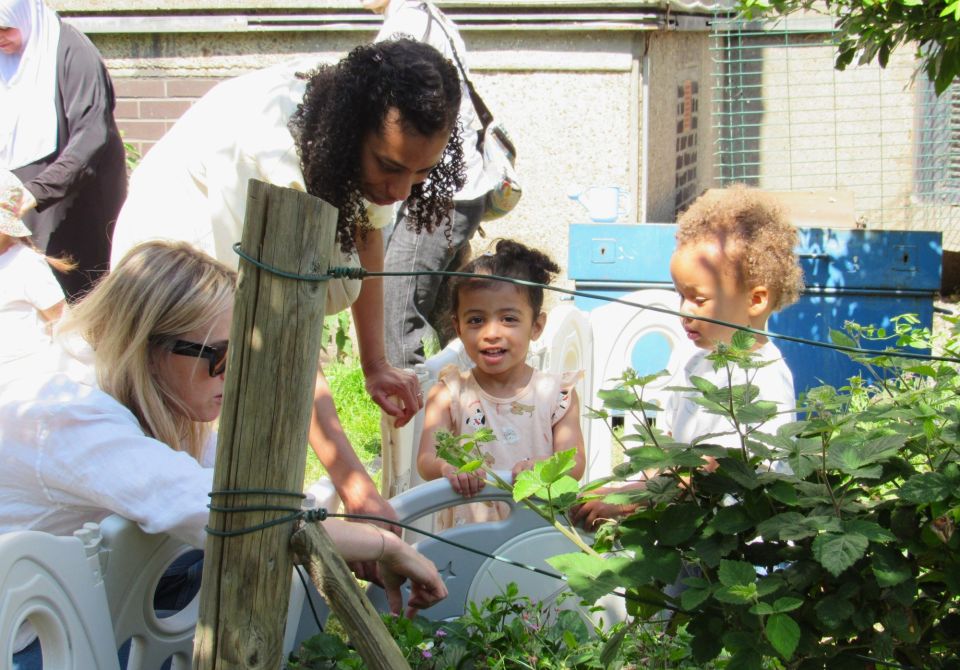Growing Communities
At Trees for Cities, we're not just growing trees, we're growing thriving, resilient communities - brought together through the shared act of caring for our urban nature.
Over 84% of us in the UK live in towns and cities, and access to green spaces can be challenging, and too often dictated by your postcode.
But we're working to change this. TV presenter and nature lover, Qasa Alom, headed over to St George's Estate in East London, to see what a difference our work has made over a decade later.
Connection is vital
So why is this work so important? Although more of us are living in closer proximity to each other, we're more disconnected than ever before. As a society, we're facing an epidemic of loneliness, with WHO declaring it a global health concern, and a mental health crisis, with research from Mind showing 1 in 4 of us will experience a mental health problem at some point each year.
Space to grow together
Research showing the importance of nature connection for our mental well-being is growing. In a more recent study, participants in urban areas who viewed natural elements showed a decrease in anxiety and higher perceived restorativeness, whereas participants who just viewed grey concrete felt the opposite.
People also feel these benefits when they get stuck in! Therapeutic gardens have been in use for thousands of years, and the benefits, both mentally and physically, have been well studied.

Access is unequal
Urban nature shouldn't just be a 'nice to have'. Most urban areas have a tree canopy cover of well below 20%, which is the minimum recommended tree coverage. In some places, it's as low as 2%!
Tree equity plays an important role in deciding where we work. By looking at the canopy cover of an area, overlaid with data such as income and health, we can pinpoint where these projects are needed most.
A collective effort
Just like us humans, our parks and green spaces need looking after. This is why our planting days are carried out by volunteers, and why hands-on workshops are an integral part of our projects. These spaces are for the community, by the community, and we want to ensure local people have the skillset to nourish their newly transformed space.
I don't grow plants or vegetables, I grow relationships.
Jim Ford, lead volunteer gardener at St George's Estate, and Tower Hamlets Volunteer of the Year 2025

What can you do to help?
These projects only come to life through the help of our supporters. To help us on our mission, you can:
- Follow us on social media @TreesforCities and help promote our cause of helping make our cities and towns greener and healthier places to live! Find us on Instagram, Threads, LinkedIn, Facebook, YouTube, TikTok and WeAre8.
- Sign up to our monthly newsletter, Tree Times, to stay up-to-date with our work, events and news.
- Donate and help others experience the wonder of urban trees and nature.
